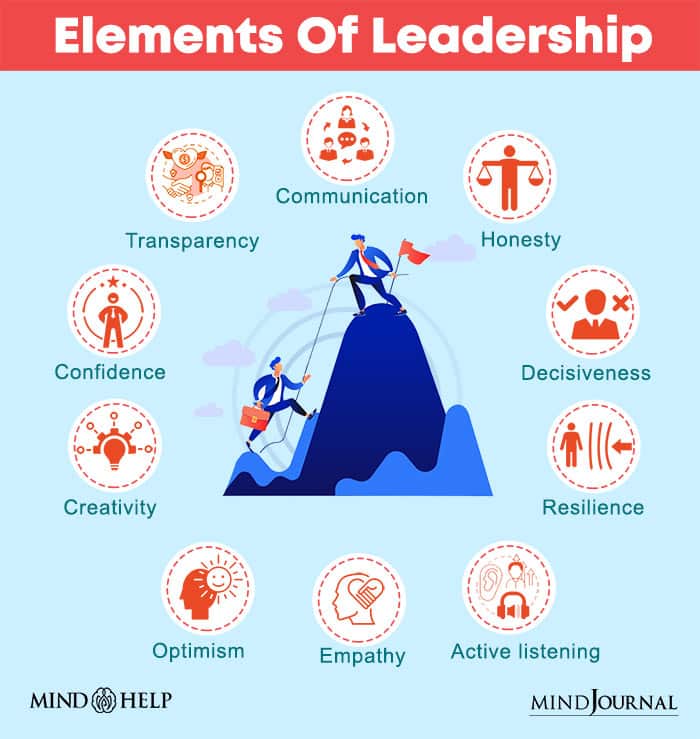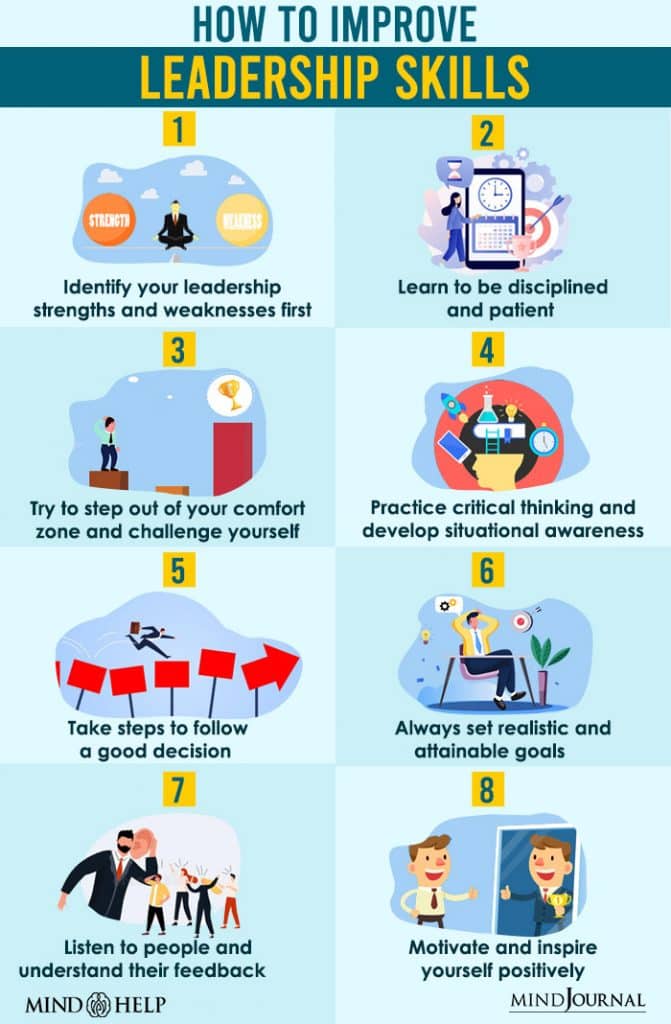Some leaders are born. Some leaders are made. But what is it exactly that makes a good leader? Let’s find out the answer by exploring different leadership theories.
Leadership is an intricate and multi-faceted concept involving different types of leadership theories that have been developed to understand the nature of leadership and its different approaches.
Today, let us dive deep to learn what is a leadership theory and explore the eight major theories of leadership.
What is a Leadership Theory?
A leadership theory is a conceptual model, a blueprint or a framework that aims to define the nature of leadership. It offers insight on how leaders emerge, behave, and what kind of impact they have on their followers as well as organizations.
These different leadership theories are products of extensive research, observations, and analysis of leadership behaviors and characteristics.
Related: 10 Common Leadership Myths And How To Overcome Them
Types of Leadership Theories
Several types of leadership theories have been proposed by experts and theorists that include leadership trait theories, behavioral theories and many others.
Trait theories are concepts that focus on the inherent qualities and instinctive traits of leaders. Behavioral theories, on the other hand, highlight the behaviors, habits and actions of leaders.
Situational and contingency theories are models that focus on environmental factors, while transactional and transformational theories consider multiple approaches to being a leader.
Other approaches involve the authentic leadership approach which explores transparency and genuineness; and servant leadership approach focuses on serving others.
These types of leadership theories follow their own unique and special perspective to understand what makes a great leader.

8 Different Leadership Theories
So without further ado, let’s explore eight fundamental theories of leadership which enlighten on various perspectives about great leaders.
1. Trait Theory of Leadership
The trait theory of leadership suggests that there are some inborn qualities and characteristics that differentiate leaders from non-leaders. This theory claims that those who have certain traits such as intelligence, determination, charm and self-confidence, are more prone to become successful leaders.
While some of these traits may be instinctive and natural in some individuals with great leadership skills, other leaders often tend to develop and master these traits through experience and practice.
2. Behavioral Theory of Leadership
This leadership theory highlights patterns of behavior and actions taken by leaders, instead of their natural tendencies and traits. According to the behavioral theory of leadership, positive and successful leadership is not determined only by one’s inherent traits and abilities; rather it can be developed and honed through certain behaviors.
People-oriented leadership and task-oriented leadership are two major behavioral styles observed in the leadership theory. Task-oriented leaders prioritize setting goals, planning and organizing tasks, whereas people-oriented leaders focus on relationship building, supportiveness and communication.
Related: Top 10 Bad Leadership Behaviors That Destroy Organisations
3. Situational Leadership Theory
This theory of leadership assumes that effective leadership depends upon the circumstances at hand. Leaders must match their style of leadership with the needs and abilities of their followers as well as the context or the situation.
This theory identifies four kinds of leaders including; directing, coaching, supporting and delegating. The appropriate leadership style for any situation should be determined based upon the leader’s assessment of the competence and determination of the followers.
4. Contingency Theory of Leadership
Just like situational leadership theory, contingency theory of leadership is concerned about the importance and needs of a situation in deciding which type of leadership is good.
According to this theory, success of a leader depends on how they match their leadership style with the intricacies of a situation. Different situations require different forms of leadership and leaders should be adaptable and flexible enough to gain the most out of it.
Want to learn more about the different leadership theories? Then continue reading to explore more about the various theories of leadership.
5. Transformational Leadership Theory
The transformational leadership theory focuses on a leader’s capability for inspiring and motivating his followers to achieve remarkable growth through outstanding performance. Transformational leaders motivate their followers by creating a thrilling vision, setting goals, and offering encouragement & support.
By doing so, they create trust, respect, and loyalty among their followers that enhance their freedom to develop.
Related: The Dark Side of Transformational Leadership: Hubristic Syndrome
6. Transactional Leadership Theory
In contrast with transformational leadership, transactional leadership theory focuses on the exchange relationship between the leader and followers. Transactional leaders set objectives clearly, deliver rewards and penalties as well as engage in contingent reinforcement.
They also encourage and empower their followers by providing awards and incentives, like promotions, increments, or bonuses, when certain goals or targets are achieved.
7. Theory of Authentic Leadership
Authentic leadership theory highlights the value and significance of leaders who stay true to themselves and their principles. Such leaders are typically genuine, transparent and self-aware.
They act in accordance with what they believe and foster open and sincere communication to build trust and confidence. By behaving ethically, these authentic leaders create an inclusive working environment, where their followers feel inspired.

8. Theory of Servant Leadership
The servant leadership theory revolves around the leader focusing on the needs and interests of his followers. As the servant leaders are interested in their followers’ growth, wellbeing and improvement, they empower the followers with support and guidance.
Such leaders prefer and encourage teamwork and collaboration and tend to be humble, empathetic and active listeners. As servant leaders prioritize their followers’ needs and provide the necessary support, servant leaders promote loyalty, commitment, & success in the long run.
Related: How To Develop Leadership Skills
Takeaway
Different leadership theories are an important aspect in understanding leadership’s complex nature, and its various approaches. From the trait theories to servant leadership theory, each model provides a particular point of view on what constitutes effective leadership.
People who have knowledge about these various models will be able to develop their own leadership abilities so that they can deal with other situations efficiently.
Whether you dream of being a successful leader or want to boost your leadership skills, exploring and embracing different leading theories is a crucial step towards becoming an influential and successful leader.
Frequently Asked Questions (FAQs):
What are the top 3 theories of leadership?
Top 3 leadership theories are Transformational, Situational, and Servant leadership. Each of these models emphasize different aspects of effective leadership styles.
What is the most popular theory of leadership today?
Currently, transformational leadership is generally seen as the most popular leadership theory, which focuses on inspiring and motivating followers for success.
What is the most effective leadership model?
The most effective leadership model depends of certain factors, but transformational leadership is widely praised for promoting innovation, motivation, and organizational success.









Leave a Reply
You must be logged in to post a comment.